
Frontline zolbetuximab plus chemotherapy is one step closer to approval by the European Commission for select patients with advanced gastric/GEJ cancer.

Your AI-Trained Oncology Knowledge Connection!


Frontline zolbetuximab plus chemotherapy is one step closer to approval by the European Commission for select patients with advanced gastric/GEJ cancer.
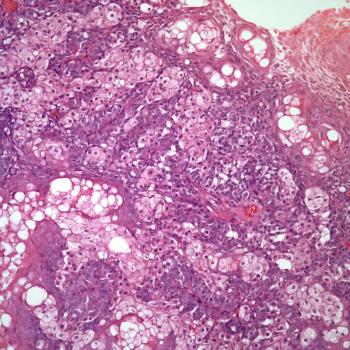
Phase 1 data may support the potential activity and safety of VCN-01 among pediatric patients with refractory retinoblastoma.

Genetic testing may be beneficial post-cancer diagnosis for reducing cancer risk for families with hereditary cancer syndromes and managing treatment.
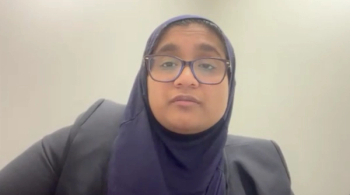
A retrospective study sought to assess CRS and ICANS onset and duration, as well as non-relapse mortality causes in patients infused with CAR T-cell therapies.

Combining IMNN-001 with chemotherapy also elicited a progression-free survival improvement compared with chemotherapy alone in the OVATION 2 trial.

The guideline update follows the FDA’s approval of imetelstat in patients with lower-risk MDS based on data from the phase 3 IMerge trial.
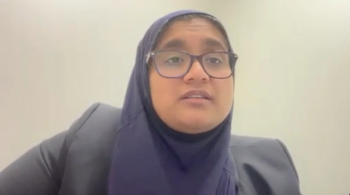
A retrospective study sought to assess CRS and ICANS onset and duration, as well as non-relapse mortality causes in patients infused with CAR T-cell therapies.

Data from the PERSEUS trial support the FDA approval of the subcutaneous daratumumab-containing regimen in newly diagnosed multiple myeloma.

The safety profile of BNT111 plus cemiplimab was consistent with previous trials assessing BNT111 with anti–PD-L1 treatments.
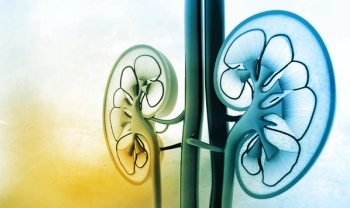
Patients receiving immune checkpoint inhibitors for renal cell carcinoma had improved symptom burden when enrolled in a remote exercise program.

Data from ASC4FIRST support the priority review designation for asciminib in Philadelphia chromosome–positive chronic myeloid leukemia in chronic phase.
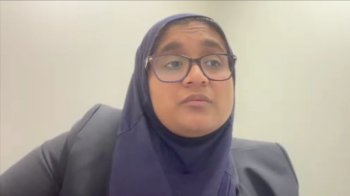
A retrospective study sought to assess CRS and ICANS onset and duration, as well as non-relapse mortality causes in patients infused with CAR T-cell therapies.

Mismatched unrelated donor consideration may expand donor numbers, especially for those with minority ancestry seeking hematopoietic cell transplantation.

Data from AMPLIFY show a trend towards improved overall survival with acalabrutinib-based therapy among patients with chronic lymphocytic leukemia.

Age and racial differences in subgroup analyses emphasize the need for strategies addressing Alzheimer’s/dementia risk factors and prevention of breast cancer.
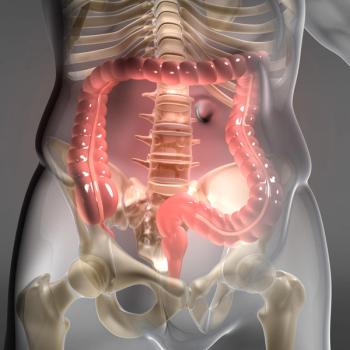
Shield, the first FDA-approved blood test for CRC screening, may offer convenient screening access for those who are at average risk for the disease.

Nausheen Ahmed, MD, discusses findings from a study supporting reduced monitoring windows for patients with lymphoma who receive CAR T-cell therapy.
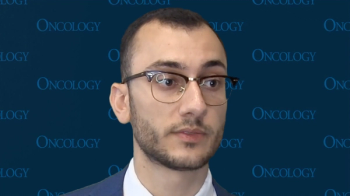
A review of patients with metastatic clear cell renal cell carcinoma shows radiological tumor burden as an independent prognostic factor for survival.

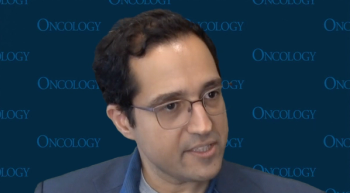
A phase 2 trial is assessing ubamatamab in patients with MUC16-expressing SMARCB1-deficient renal medullary carcinoma and epithelioid sarcoma.


The novel drug showed promise in helping to decrease chemotherapy-induced peripheral neuropathy for those who had received prior chemotherapy.
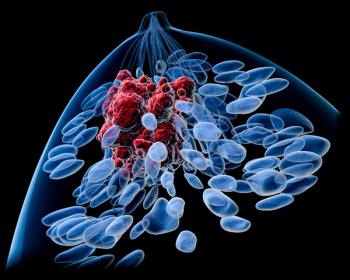
A user-friendly “nudge” may provide a timely reminder to surgeons to consider the value of sentinel lymph node biopsy in older patients with breast cancer.

The FDA has set a Prescription Drug User Fee Act date of December 28, 2024, for cosibelimab in advanced or metastatic cutaneous squamous cell carcinoma.
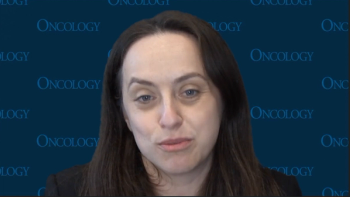
Analysis of 2 phase 1 trials compared gut biome diversity between standard of care with or without CBM588 in patients with metastatic renal cell carcinoma.


Members agreed that perioperative regimen NSCLC trial designs should clarify the contribution of treatment during adjuvant and neoadjuvant therapy.

Multiple confirmed responses in a phase 2 trial support the FDA designation for the experimental therapy in squamous cell carcinoma of the head and neck.
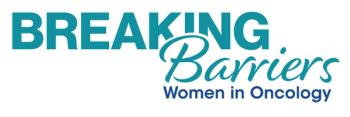
“Sometimes you have to be a little more assertive and a little louder, and you have to step up to the front,” Julie M. Vose, MD, MBA, said.
